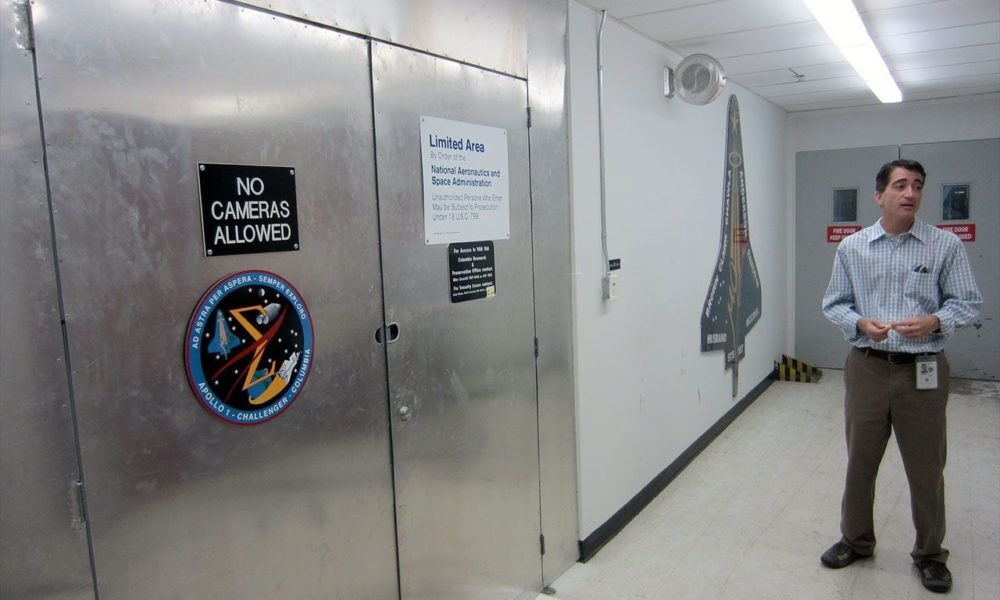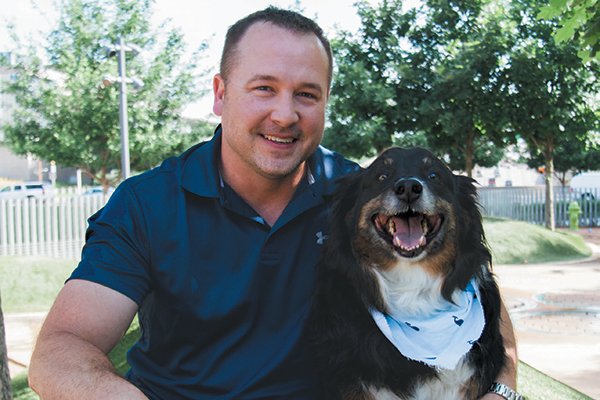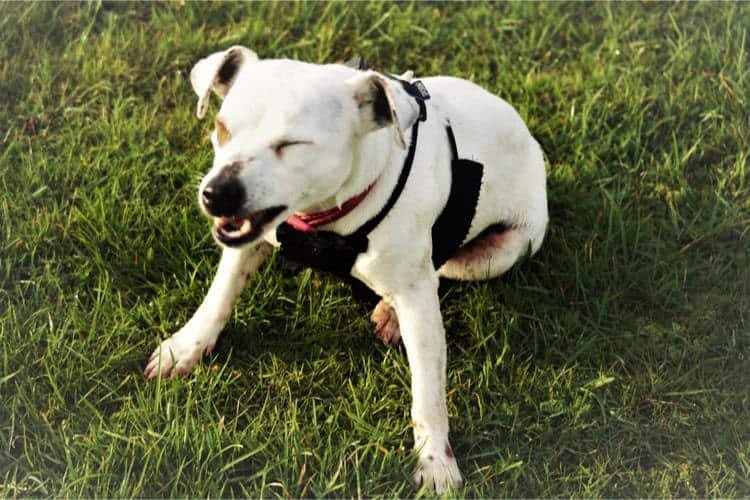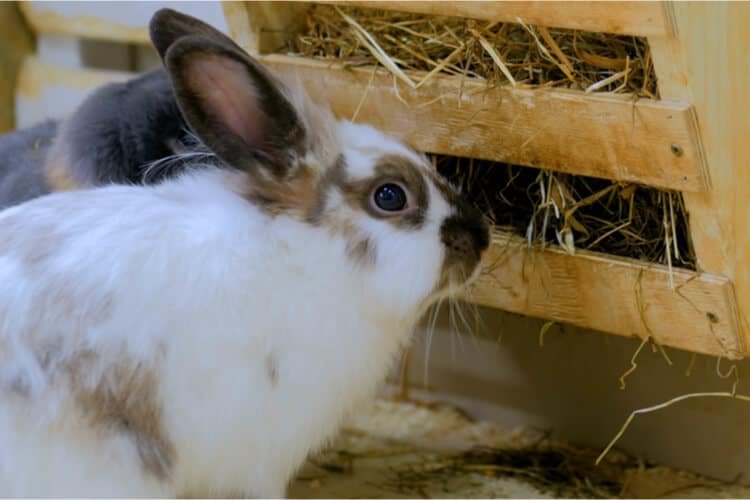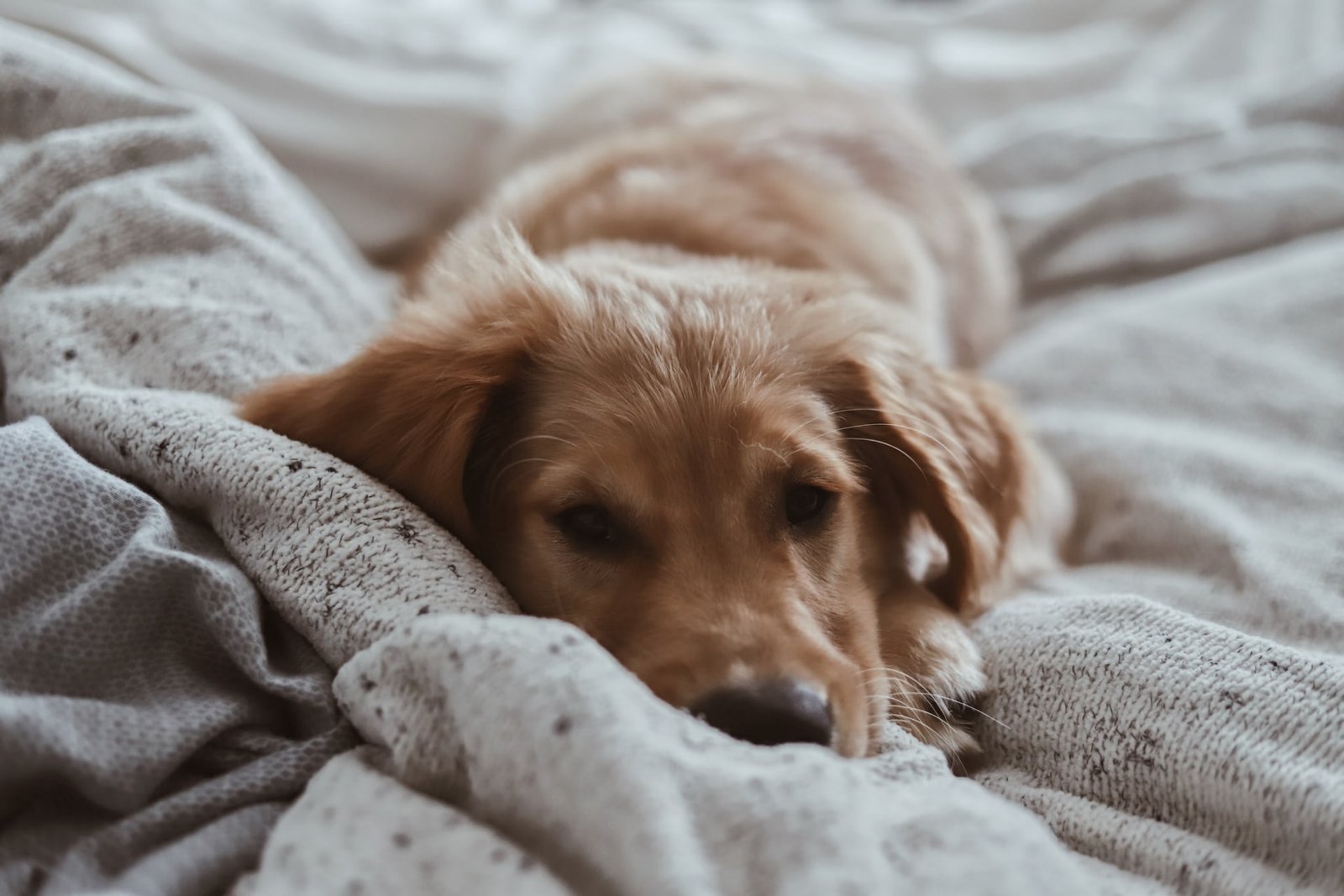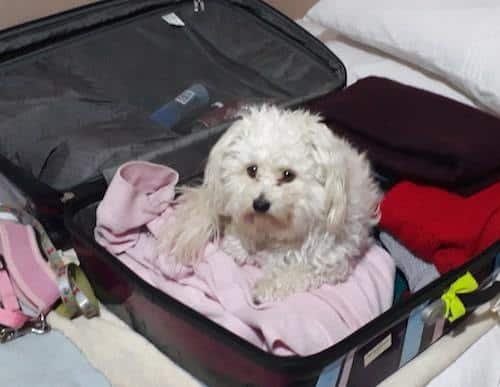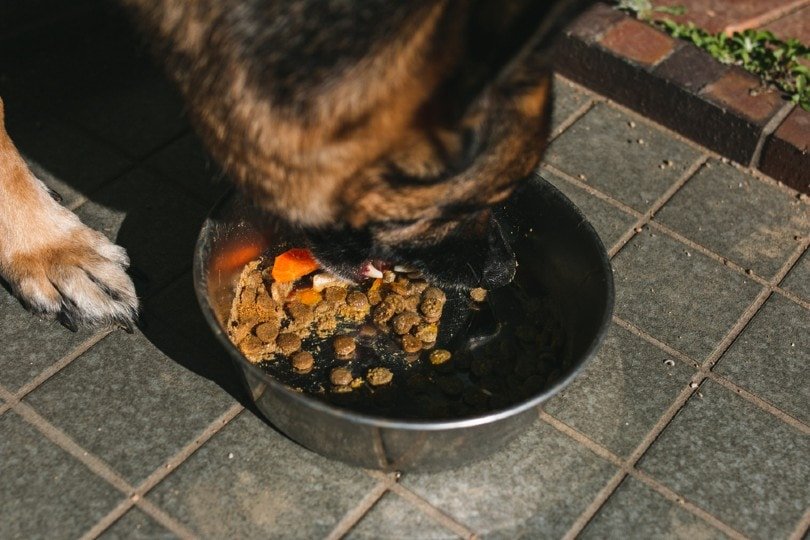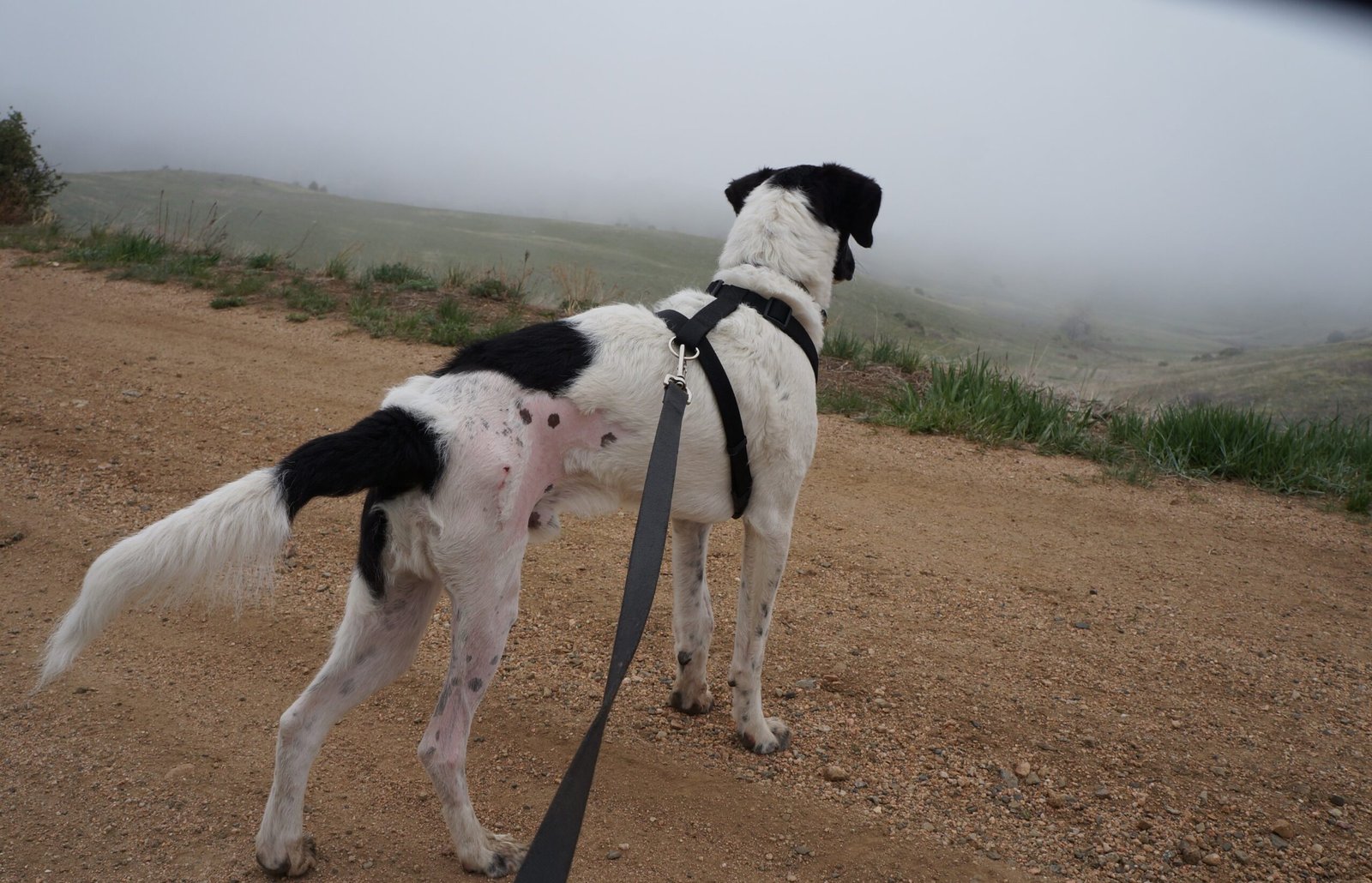[ad_1]

My papa utilized to have a sweet brown Chihuahua calledTaco That little person would begin sneezing like mad anytime he believed he was opting for a flight in the vehicle! It was his method of interacting that vehicle trips were a really unique occasion for him.
As adorable as delighted dog sneezes are, it gets worrying when a dog consistently sneezes when he’s not delighted. If your dog is sneezing more than regular, keep reading to learn the typical reasons for sneezing in pets and how to stop it.

Causes of Sneezing in Dogs
- Behavioral: As pointed out above, some pets sneeze when they’re delighted. This is a regular habits and is not trigger for issue.
- Irritant or allergic reaction: Dry air, chemicals, fragrances and dust can all aggravate a dog’s nose enough to trigger sneezing. Allergies can likewise trigger sneezing, although it’s not as typical as skin signs in afflicted pets. Allergic pets do have a great deal of “reverse sneezing.” A reverse sneeze is more of a recurring, loud sucking in of air through the mouth in action to a tickle in the back of the throat.
- Infectious illness:
- VirusThere are numerous infections that can contaminate a dog’s breathing system. One of the worst ones is Distemper infection since it can likewise contaminate the nerve system. Other infections might have just a regional result, triggering nasal discharge, coughing and sneezing. One typical dog breathing infection is canine parainfluenza infection. Viruses are usually spread out by close contact with contaminated pets.
- BacteriaBordetella bronchisepticais the germs that triggers what many people call “kennel cough.” It can likewise trigger sneezing. It’s extremely infectious and is passed in between pets like the acute rhinitis is passed in people.
- FungusAspergillus is the huge one in this classification. Other fungis that can contaminate a dog’s nose consist of Cryptococcus andBlastomycoses Fungus is all over in our environment, however some pets can establish a nasal/sinus infection from fungi.
- Mites: Pneumonyssoides caninum are termites that reside in the nasal passages of pets. The parasite has around the world circulation however takes place most typically inScandinavia About 1– 1.5 mm in length, P. caninum termites are gone by direct contact in between pets.
- Foreign things: Food and plant product (like foxtails) are a few of the important things pets can get caught in their noses. As long as the things stays in the nose, it will trigger inflammation and sneezing.
- Tumors: Nasal growths are not all that typical, representing 1– 2% of all canine cancers. However, 80% of canine nasal growths are malignant.
- Immune- moderated illness: Idiopathic lymphoplasmacytic rhinitis takes place when the body immune system is overactive and develops swelling in the nasal passages. It’s a typical reason for persistent nasal discharge and might trigger sneezing.
- Tooth root abscess: The roots of dog’s teeth are rather long. The inmost pointers lie really near the thin wall of tissue that separates the nose from the mouth. When a dog establishes a tooth root abscess it might extend into the nasal passages, resulting in swelling and sneezing.

What to Do If Your Dog Is Sneezing
- Check the nose.Using a good lighting source, try to find nasal discharge, foreign things, and so on
- Evaluate your dog’s total health.Is she drinking and eat typically? Have you saw any coughing? Has she had current direct exposure to transmittable illness (going to boarding kennels is an excellent way to get a dog breathing infection).
- Applysaline nose drops.Use plain saline rinse cost usage in human sinuses/noses. Saline can assist dampen dry nasal passages and wash irritants away.
- Try an antihistamine.Over- the-counter antihistamines are valuable for moderate allergic reaction signs. Benadryl (diphenhydramine) is endured well by pets and can be found in tablet or liquid form.
- See your veterinarian for an assessment and potentially diagnostic screening which might consist of:
- Radiographs of your dog’s nose and skull can reveal swelling, bone disintegration, and growths.
- Blood tests like total blood count (CBC) and fungal tests are valuable to discover inflammatory actions and particular fungal illness.
- Rhinoscopyis an unique imaging treatment done while your dog is under anesthesia. A narrow tube with a cam on completion is controlled into the dog’s sinuses to try to find foreign things, swollen tissue and growths. A rhinoscope likewise enables a vet to gather tissue samples for cellular analysis and culture.
Summary
Sneezingis a regular part of life for pets. A couple of thrilled sneezes are no issue. Even a random sneeze one or two times a day is most likely regular. But if your dog feels improperly, has nasal discharge or is sneezing more than a couple of times a day, you must think about the possible causes. Get your vet included to get to the root of the issue so your dog can get the best treatment to feel much better quickly.
[ad_2]

